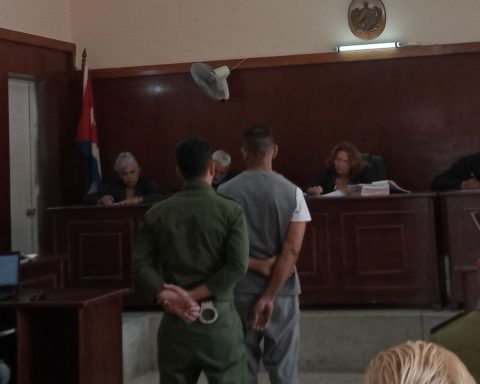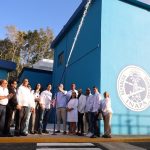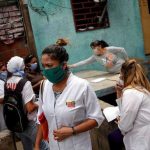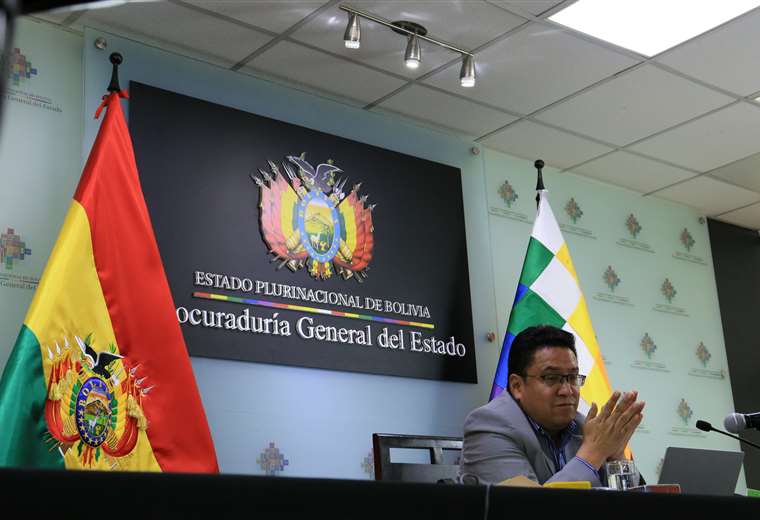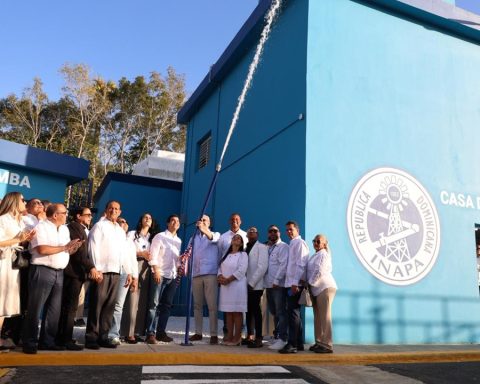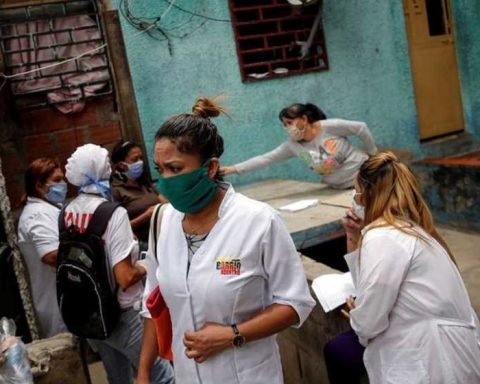MIAMI, United States. – Since its beginning, the Cuban regime has had a chorus of Orwellian apologists in the academic and journalistic sectors, although from the comfortable foreigner: none of them would reside in socialist Cuba since, hypocritically, they require freedoms for themselves. However, they continue to proclaim fraudulent myths—propagandistic slogan style—of the supposed achievements of the Cuban Government. Let’s begin by stating that socialist Cuba represents a collection of 65 years of anomalies, from bad to worse. The current, rather long-lasting crisis (financial, socio-political, food, energy, hygiene and public health, etc.) is rapidly worsening.
The privileged people who believe they are the government, because they practically keep Cubans — of all generations and ethnic origins — kidnapped, do not seem to know how to get out of it, except by insisting on perpetuating themselves in power and continuing to transmit their chimeras to the rest of the world. , as well as insulting anyone (national or foreign) who dares to differ from the official line. Indeed, it is a true Gordian knot that no one can, or dares, cut, while the population trapped there marches inexorably towards the extension of a Dantean nightmare, so ignoble that it is difficult to describe. We wonder how we got to this crossroads.
Despite the tons of ink spilled in writings about contemporary Cuba, the Social Sciences—each working separately on its own—do not seem to have satisfactory answers, although perhaps readers can assist us with their own observations in our attempt to analysis; We welcome all constructive comments.
Studies in the field of Economics, for example, identify several of the key problems, but do not solve them for psychological or political reasons; the “anthropological damage” pointed out by the respected Cuban dissident Dagoberto Valdes It is difficult to measure. The multisocial phenomenon that manifests itself in the Antillean country under the rubric of “revolution” has been transfigured into something monstrous that ensnares the country, apart from (or despite) the cost of so many sacrificed lives. This phenomenon, which threatens the existence of Cubanness with its very disappearance, must be analyzed with a new strategy, a different courageous epistemological approach.
The story of Phineas Gage could be didactic for the Cuban case. Gage was an American railroad worker who suffered an accident in 1848, when an iron bar partially shattered the frontal lobe of his brain. Ironically, it was thanks to that horrific work accident – which he survived – that medical sciences were able to expand knowledge about the human brain.
The Philosophy of Sciences reminds us that the Social Sciences are even less experimental. For example, we cannot impose as a test a fascist-style dictatorship in nation However, we have heard certain academics—well settled abroad (including some born in Cuba and even located in Miami itself)—who at this point still shamefully refer to the Cuban phenomenon as “a valuable revolutionary experiment.” But perhaps a parallel to Gage’s accident is more accurate.
Suppose that Castroism has been the equivalent of the bar that pierced Gage’s skull, a terrifyingly malignant sociopolitical-economic bar (although disguised as a benevolent “humanism”) that pierces an entire languishing society. As with the human nervous system, societies do not lend themselves to gruesome experiments (professional codes of ethics aside), and often rely on accidents to study certain phenomena. Thus, what happened in Cuba—which, again, we refuse to cite as a “revolution” properly—must be recognized under another label, in addition to serving as a source of knowledge in the various social-scientific disciplines within the framework of Consilience proposed a few years ago by the famous American scientist Edward Wilson.
The countless crazy decisions taken by the leadership in Cuba since 1959 have had destructive consequences of all kinds that must be coldly studied from various disciplinary angles in combination. For example, seen from the field of Economics, it is impossible to understand the role of ideology in the way economic policy decisions implemented in Cuba are made if elements of Social Psychology, Anthropology and the Politicalology of tyrannies to understand the effects of the Sovietization attempts, including the elements of social control with psycho-social consequences previously unknown to the Cuban population.
Let us mention only two archetypes of the most destructive “experiments” initiated by Fidel Castro: a) the so-called “Revolutionary Offensive” announced on March 13, 1968, an extreme measure with the purpose of eliminating all private economic activity as a step towards the disappearance of what he called monetary-mercantile relations. His goal was to experiment with the disappearance of money as a means of exchange; b) the Harvest of the Ten Million of tons of sugar that, although it was not achieved, negatively affected almost all Cuban socioeconomic areas given the forced mobilization of the national labor force, to the detriment of the rest of the areas.
The destructive effects of such measures and many others have resulted in the present crisis, despite millions of dollars of subsidy from the former Socialist Bloc for three solid decades and all the so-called “reforms” initiated more recently by Raúl Castro, the heir of the tropical throne, and those of his protégé in succession dedocraticMiguel Díaz-Canel.
Even as early as 1970, the American anthropologist Douglas Butterworth discovered a “culture of poverty” created post-1959 during his research in a community on the outskirts of Havana, where ordinary Cubans openly complained about the regime, apart from almost Nothing worked in the town, not even the dreaded “vigilance committee” (see The People of Buena Ventura1977). Significantly, Butterworth called the time of his study “the Cuba post-revolutionary”.
The foreign academic and journalistic worlds fail to recognize that the socialist dictatorship turned Cuba into an involuntary laboratory in the same way that the Nazi Josef Mengele conducted horrifying experiments with human beings in Hitler’s Germany. The knowledge thus generated by socio-economic-political accidents must be incorporated into evaluations based on Social Sciences.
Contrary to what the defenders of the reprehensible Cuban regime blatantly proclaim, we believe that the unfortunate recent Cuban history and its current failed result also serve as a preventive model for other nations. That may be one of the main real legacies of the unlikely Cuban government storm.
It is a shame that the Cubans are the victims, the guinea pigs—the Gages—and not the beneficiaries, although we trust that like Mr. Gage, Cuba will miraculously survive the unfortunate socialist accident.






